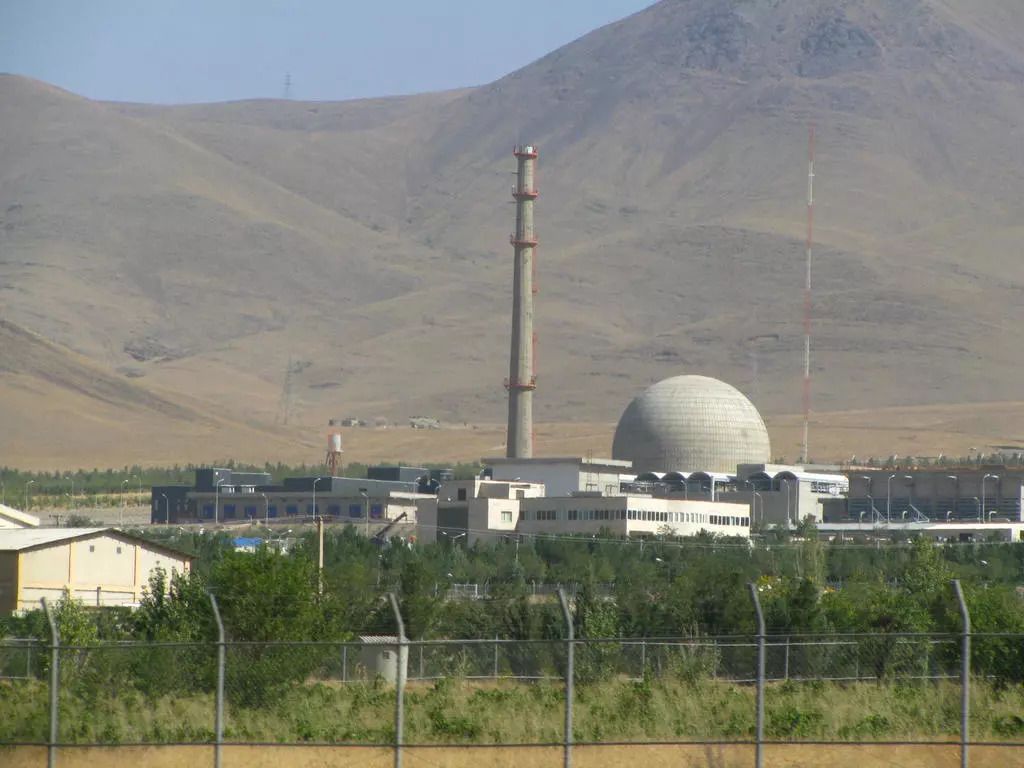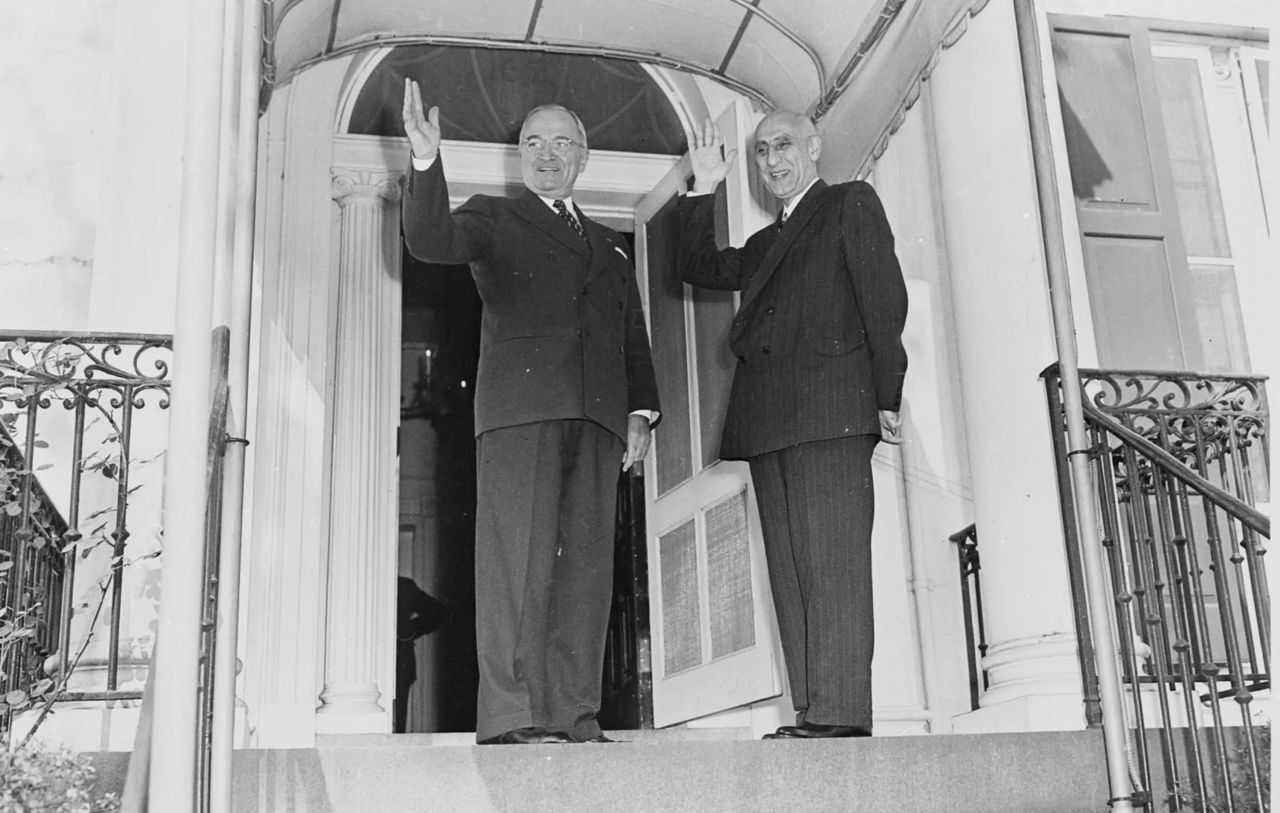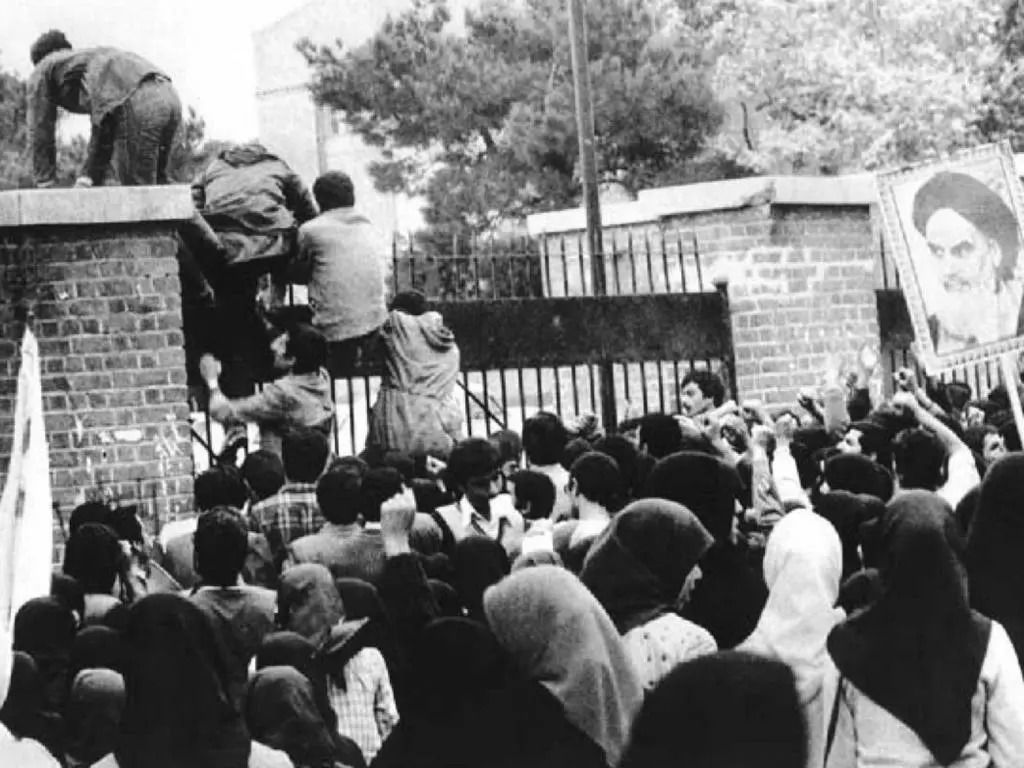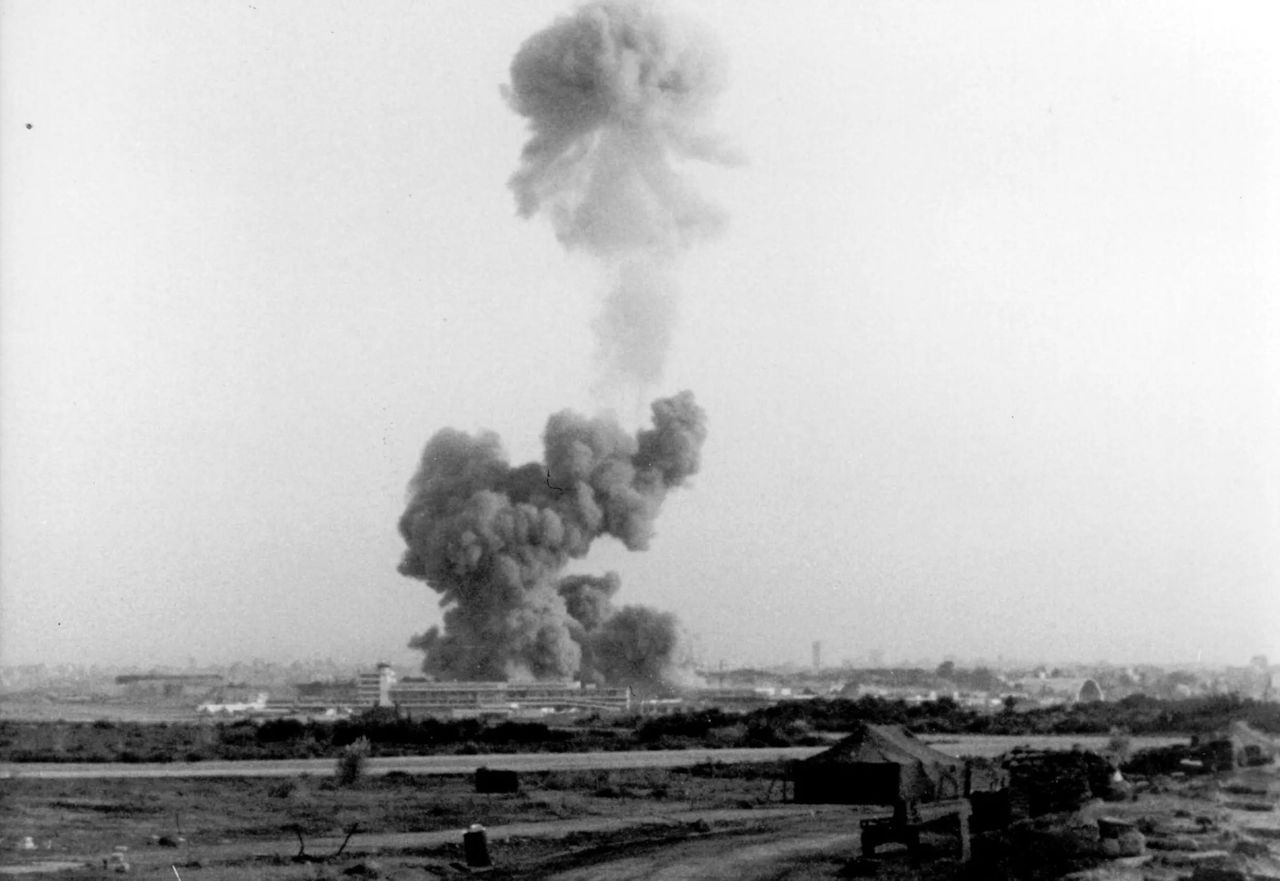
Iran welcomes UN court ruling in its favour over US sanctions
The ICJ rejected US objections to the tribunal's jurisdiction over Trump administration-era sanctions on Iran, but an ultimate resolution is still to be debated in the diplomatic arena.
Votes on the jurisdictional issues were unanimous against the US, with tribunal members voting 15-1 on some issues.
Iranian Minister of Foreign Affairs Javad Zarif celebrated this announcement with a Twitter message saying "another legal victory for Iran following 3 Oct. '18 Order. Iran has always fully respected int'l law. High time for the US to live up to 𝙞𝙩𝙨 int'l obligations."
But Israel, worried about Iran's suspected nuclear weapons program and increasing military assertiveness in the region, is less happy, with the Jerusalem Post calling the ruling a "bizarre twist" in favor of a country that is involved in "terror and attacks by its proxies against the US since 1979," commenting that it "is highly questionable whether Washington will heed the order, as the court has no enforcement arm."
The International Court of Justice (ICJ,) based in The Hague, is the United Nation's top tribunal. The body is to decide this week whether it can take on Iran's bid to overturn US nuclear sanctions, reimposed in 2018 by the administration of former US president Donald Trump.
This came after Trump unilaterally withdrew from the Joint Comprehensive Plan of Action (JCPOA), a six nation agreement on reigning in Iran's nuclear programme.
Washington decided “to re-impose in full effect and enforce” sanctions and restrictive measures targeting, directly or indirectly, Iran and Iranian companies and/or nationals, which the United States had previously decided to lift."
On 4 October 2018, then US Secretary of State, Mike Pompeo, said Washington was "terminating" the 1955 friendship treaty in a reaction to the ICJ ordering access to humanitarian aid for Iran.

Future of the JCPOA negotiations unclear
In a bid to smooth over the abrupt decisions of the previous administration, newly appointed US Secretary of State Antony Blinken said on 2 February that "if Iran comes back into full compliance with its obligations under the JCPOA, the United States would do the same, and then we would use that as a platform to build a longer and a stronger agreement that also addresses other areas of concern."
French President Emmanuel Macron said in an interview with the Dubai-based Al Arabiya TV station that "talks on a new Iran deal will need to have the participation of countries in the region, including Saudi Arabia," a condition Iran immediately rejected.
A final ruling in the ICJ case on the US sanctions could still be months or even years away.
Long history of court cases since 1951
Tehran's complaint to the ICJ in mid-2018, accused Washington of breaching a 1955 friendship treaty between the two countries, and fits into a larger pattern of tit-for-tat legal battles.
The ICJ was created after World War II to solve disputes between UN member states.
The first-ever case involving Iran and the ICJ dates from 1951, when the United Kingdom supported the Anglo-Iranian Oil Company (now BP) when then Prime Minister Mohammad Mossadeh planned to nationalise the oil industry - dominated by the UK and the US.
 In better times: US President Harry Truman with Iranian Prime Minister Mohammad Mossadeh in 1951.
In better times: US President Harry Truman with Iranian Prime Minister Mohammad Mossadeh in 1951.
Iran then disputed the court’s jurisdiction and the case was eventually thrown out. In 1953, a CIA-backed coup backing Shah Reza Pahlevi removed Mossadeh. The US and Iran signed the "Treaty of Amity, Economic Relations and Consular Rights" in 1955.
In total, Iran and the US have confronted each other five times before the ICJ.
The treaty survived the demise of the Shah and the 1979 Islamic Revolution which brought the current regime to power, but the US and Iran became determined enemies.
The "Amity Treaty" continues in force, mostly as a basis for all but one of the ICJ cases involving the US and Iran: after the 1979 - 1981 hostage crisis involving the US embassy in Tehran, Washington imposed sanctions saying that Iran had violated a clause that guaranteed "safety and security" for US nationals.
 Angry students storm the US Embassy in Tehran, 1979. During 444 days Iranian militants would keep 55 embassy personnel hostage.
Angry students storm the US Embassy in Tehran, 1979. During 444 days Iranian militants would keep 55 embassy personnel hostage.
The ICJ ruled that Iran was, indeed, in violation of the treaty, although the judgement said that "the conduct of militants" who staged the 444-day hostage taking at the US embassy "could not be directly attributed to the Iranian State". The court, however, added that the Iranian State "had done nothing to prevent the attack ... or oblige the militants to release the hostages".
US shooting down an Iranian airliner
Iran in its turn brought the US before the ICJ in 1989 after a US cruiser, the USS Vincennes, patrolling in the Persian Gulf, shot down an Iran Air Airbus A-300B, causing the deaths of its 290 passengers and crew. The case was settled out of court.
In 1992, Iran again took the US to the ICJ, invoking the Amity Treaty and alleging that US warships had destroyed three oil platforms during the 1987 - 1988 "Operation Nimble Archer," a retaliation against Iranian attacks on a Kuwaiti oil tanker. The Court ruled, by 14 votes to 2, that the "retaliatory attacks by the US Navy against certain Iranian oil platforms in the Persian Gulf in 1987 and 1988, although constituting an unlawful use of force, did not violate" the 1955 treaty "since the attacks did not adversely affect freedom of commerce".
9/11 attacks
And in another case in 2016, Iran - again invoking the Amity Treaty - tried to have US economic sanctions declared illegal. Washington imposed the penalties after the US designated Iran a "state sponsor of terrorism" in 1984, a decision which had a "serious adverse impact" on Iran's economy.
 The 1983 explosion of the Marine Corps building in Beirut, Lebanon, created a large cloud of smoke that was visible from miles away. The attack killed 307 people: 241 U.S. and 58 French military personnel, six civilians, and two attackers.The US accused Iran of being behind the bombing and called the country a "sponsor of international terrorism" one year later.
The 1983 explosion of the Marine Corps building in Beirut, Lebanon, created a large cloud of smoke that was visible from miles away. The attack killed 307 people: 241 U.S. and 58 French military personnel, six civilians, and two attackers.The US accused Iran of being behind the bombing and called the country a "sponsor of international terrorism" one year later.
In the same deposition, Tehran complained about a New York District Court order that demanded Iran "pay more than US$10.5 billion to families of people killed in the 11 September 2001 terrorist attacks," while 19 of the twenty known perpetrators were citizens of Saudi Arabia. This case is still pending.
In 2016, Tehran again went to court to contest US sanctions imposed after Washington's 1984 designation of Iran as a "state sponsor of terrorism". US measures had "a serious adverse impact upon the ability of Iran and of Iranian companies to exercise their rights to control and enjoy their property," including the Central Bank of Iran and state owned companies.
As the new US administration settles in for four years of resetting international relations, only time will tell if this week's first legal step in favour of Iran at the UN will bring diplomatic partners back to the negotiating table.











